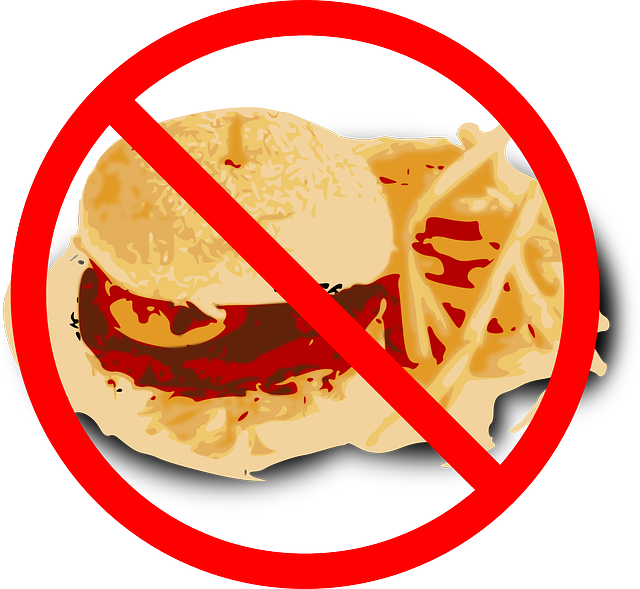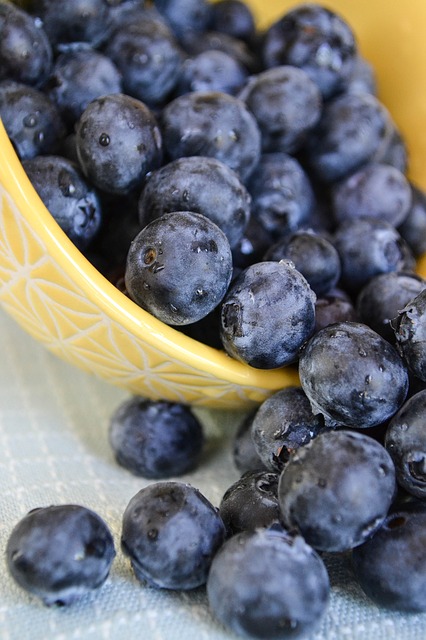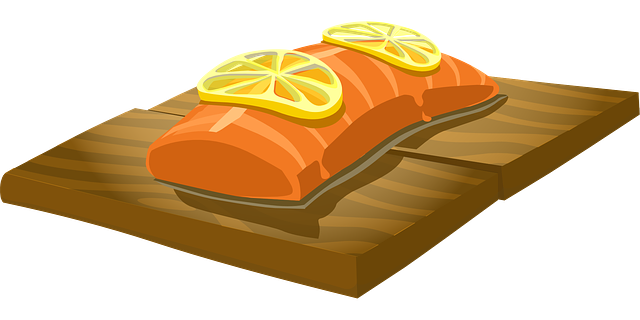The AIP Diet
or the Autoimmune Protocol for MS

The AIP Diet or autoimmune protocol, is a variation of the Paleo diet developed by Dr. Loren Cordain and Robb Wolf, to heal the gut and in doing so, help the immune system to work the way it should. When your body can't tell the difference between the “good” healthy tissue in your body and the “baddies” - those little foreign invaders. Your body becomes over-sensitive and begins attacking everything – not just the baddies, but the good tissue as well.
This can happen slowly over months or even years until finally an autoimmune disease like MS develops. At this point the official count of autoimmune diseases is around 80, and more are being discovered everyday. With MS, the body attacks nerves in the CNS. Each condition attacks a different part of the body, however all have one thing in common.
Inflammation - the root of the problem
Inflammation - which ultimately begins in the gut. The AIP diet or autoimmune protocol diet works by reducing this inflammation. When the intestines are healthy and in an optimal state, then healing can happen. The diet not only calms the inflammation in the gut, but also in the entire body. This helps to reduce flare-ups so common with diseases like MS.
When there is low-inflammation, you feel better and experience less of the debilitating symptoms associated with multiple sclerosis. You are probably asking a million questions right now.
- What's so great about this diet?
- What foods can I eat on this diet?
- What should I not eat on this diet?
- How long do I need to be on this diet?
- Why is this diet better than the other MS diets out there?
These questions are justifiable with all of the diets circulating these days. Which one is right for you? And will it really help reverse or put your MS in remission? At the very least, will it reduce all those pesky multiple sclerosis symptoms that constantly plague you on a day to day basis?
AIP Diet - Not one-size-fits-all
First of all, there is no one-size-fits-all diet. And secondly, if you go at this as a diet that you get on for a few months and then stop, then this probably won't work for you. We look at it as a lifestyle change. If the AIP diet works for you after sticking with it for 6-8 weeks, then it's the way you should eat for the rest of your life. And why not? You feel better, your symptoms are not as pronounced, from walking to cognitive problems – everything is better.
That's enough to compel you to continue. If you see no improvement, then that's a different story. You may need to work with a nutritionist to see why it's not working. Maybe it needs a little tweaking for your particular situation. If it does work, then make it a long term lifestyle change not a short term diet.
What can't you eat on this diet? Well, here's a list of foods that are not allowed. Don't be discouraged about the length of the not allowed foods. Stay tuned for the list of foods you can eat which will follow shortly.
Foods not allowed on AIP Diet
- grains (wheat, corn, millet, rice, sorghum, amaranth, rye, buckwheat, spelt, teff, kamut, and even oats)
- beans (this includes kidney, pinto, black, and soy beans from all sources)
- nuts (also oils from nuts, like walnut and sesame seed oils)
- vegetable oils (none accept olive oil – see list below for more fats that are allowed)
- seeds (flax, chia, pumpkin, sunflower, sesame, as well as cumin, and coriander)
- herbs from seeds (mustard, cumin, coriander, cardamom, caraway, dill, fennel, fenugreek, and nutmeg)
- dairy products
- alternative sweeteners (including xylitol, stevia, mannitol – see allowed sweeteners in next list)
- dried fruits (try to limit the amount of fructose by eating only 1 or 2 pieces of fruit daily)
- gums (guar gum, tara gum, gellan gum, gum arabic, as well as carob)
- Tapioca (this should be eliminated for the first 6-8 weeks to see if you are sensitive to it– it contains a gluten cross reactor)
- alcohol
- chocolate
- eggs
- nightshades (tomatoes, potatoes, peppers – all kinds, sweet and hot, egg plant, mustard seeds, paprika, chilis – this includes chili powders and any spices and spice mixtures containing them)
Think that's almost everything you eat? Well, here is the list of allowed foods. Thank goodness they left a few, right?
Allowed AIP Diet foods
- vegetables (all accept for nightshades – see above)
- fruits (limit to 2 pieces of fruit or 15-20 grams of fructose daily)
- coconut and all products made from coconuts accept for coconut sugar and nectar (watch for other added ingredients in products like canned coconut milk)
- fats (olive oil, coconut oil, grass-fed ghee free of casein and lactose, avocados, lard, bacon fat)
- fermented foods (kombucha, water and coconut water kefir, coconut yogurt, also fermented vegetables)
- bone broth
- grass-fed and sustainably raised meats, poultry, and seafoods
- binders (from grass-fed gelatin and arrowroot starch – if no adrenal problems)
- vinegars (apple cider, red wine, balsamic, and coconut vinegars – check that there aren't any added sugars)
- herbs (non-seed herbs like basil, cinnamon, ginger, mint, oregano, rosemary, savory, sage, tarragon, thyme, turmeric, and edible flowers)
- sweeteners (small amounts of honey and maple syrup when needed)
Where to go from here?
With all these do's and don'ts – where do you go from here? With most dietary changes, it's best to work with a nutritionist who knows about the diet you want to undertake. By working closely with someone, you can adapt such a big lifestyle changing diet to your specific condition. You may have sensitivities to coconuts or other foods. So find a nutritionist who knows the AIP diet and is willing to help you make the change.
What to expect?
You may become discouraged if you don't see anything happening after eliminating all those foods, especially after the first few weeks. That's why Jessica Flanigan, Clinical Nutritionist (her Instagram page), who specializes in this way of life, recommends sticking strictly to the diet for a very minimum of 6 to 8 weeks.
You should see some results by then, especially if you are working with an AIP savvy nutritionist. And if you do see positive changes, make the decision as so many have already done, to take the leap. Become an AIPer for life. Be the Mser who defeats their disease by taking the plunge into healthy eating – AIP style.
Dear Friends,
"Life in Spite of MS is a participant in the Amazon Services LLC Associates Program, an affiliate advertising program designed to provide a means for sites to earn advertising fees by advertising and linking to Amazon.com. We're also part of the Ebay Partner Network, another affiliate program."
We'd also like you to know it doesn't cost one cent more when you click through the links here on our blog. Not one single penny. And we will make a little extra cash when you do click through. We'll be ever so appreciative. You also have our word that we'll only link to things that we would use ourselves, (or wish we could have or use).
Sincerely,
Cir & Akrista
You are reading original content written by Akrista or Cir L'Bert of Life in Spite of MS. If you enjoyed reading this blog, please consider following us on Facebook, Twitter, Pinterest, and Instagram. See you there!
Privacy Policy ~ Advertising Policy ~ Disclaimer ~ Contact Us ~ About Us




New! Comments
Have your say about what you just read! Leave me a comment in the box below.